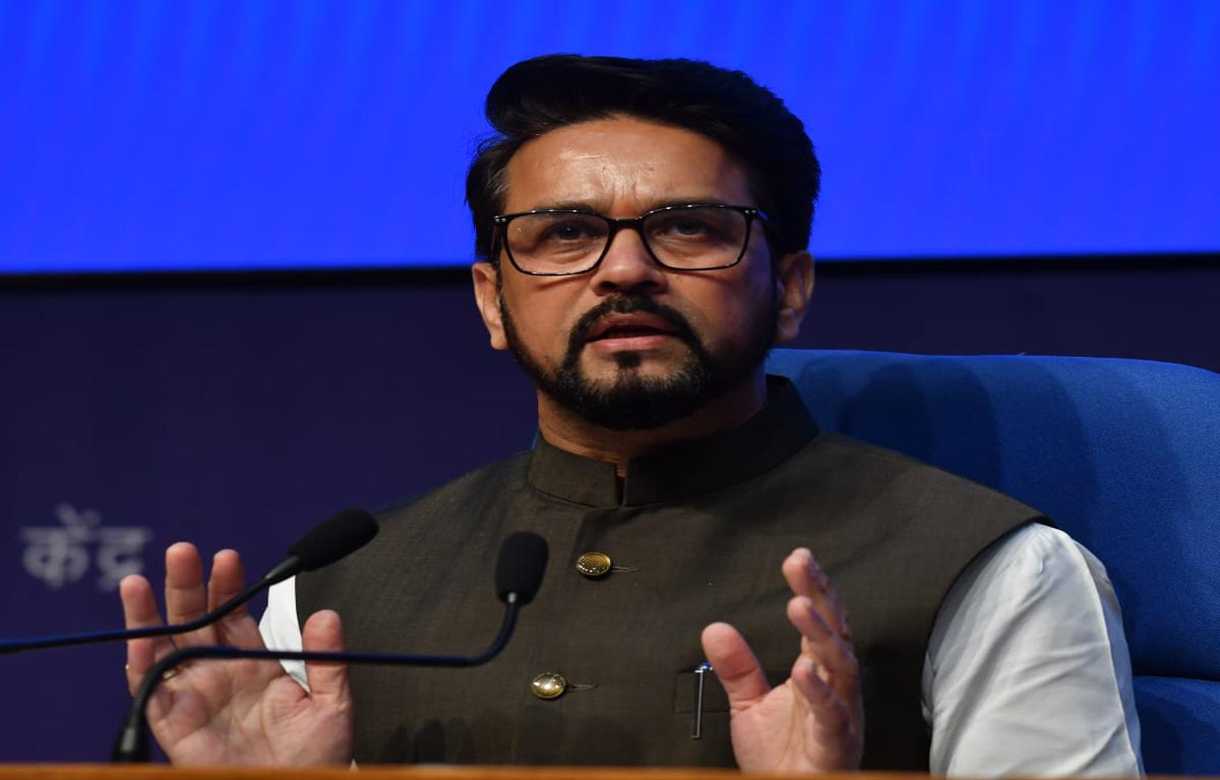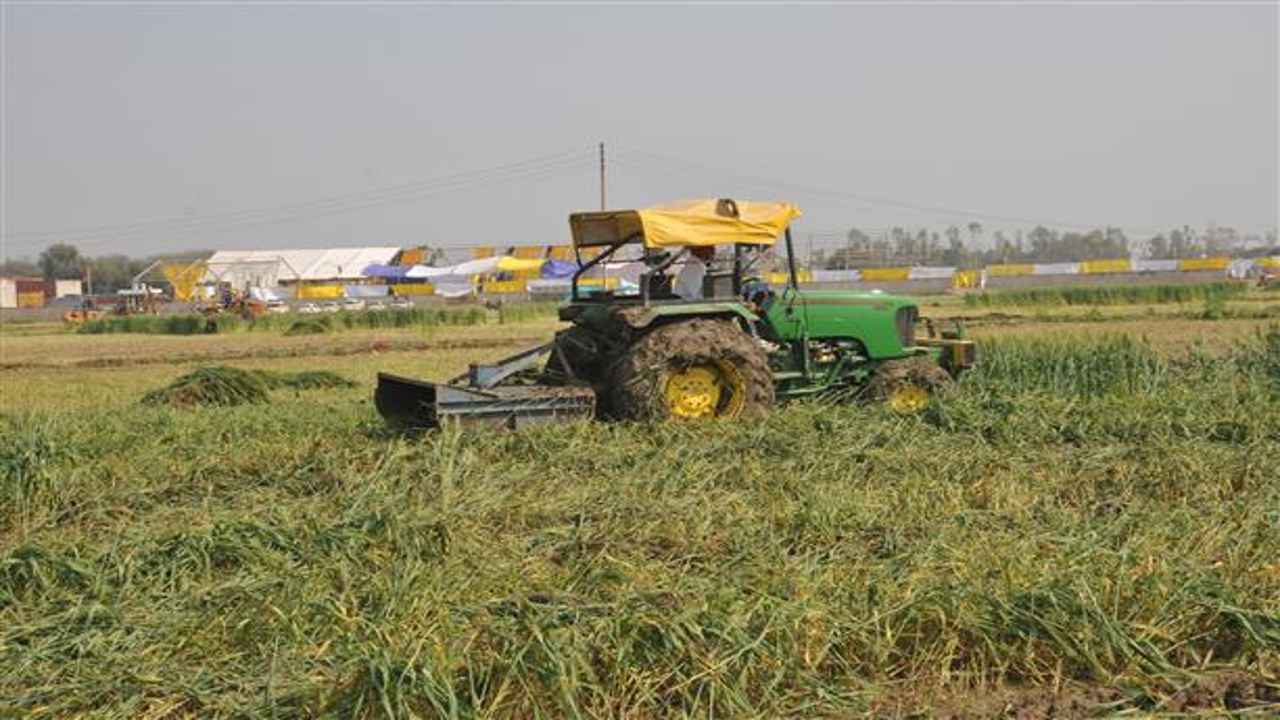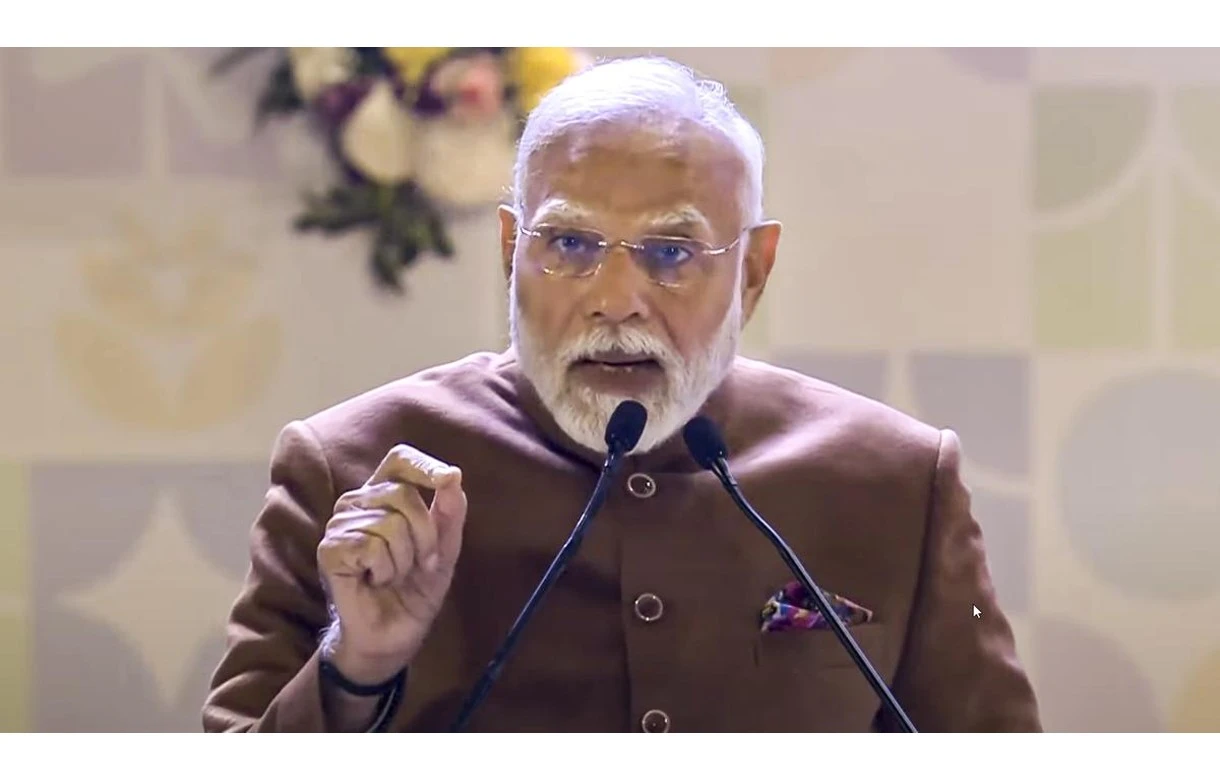India News
Cabinet approves establishment of autonomous body Mera Yuva Bharat for youth empowerment
Union Minister Anurag Thakur added that the platform is an one-stop platform for youth and initiatives to engage with them.

India News
Centre reassures farmers as India-US trade deal nears completion
The Centre has assured farmers that the upcoming India-US trade deal will not harm agriculture or dairy, while creating new export opportunities for India.
India News
Punjab AAP leader Lucky Oberoi shot dead in daylight attack in Jalandhar
AAP leader Lucky Oberoi was killed in a daylight shooting in Punjab’s Jalandhar after attackers fired multiple bullets at him while he was inside his car.
India News
Pariksha Pe Charcha 2026: PM Modi to interact with students at 10 am today
PM Modi will address students across India at 10 am today as part of Pariksha Pe Charcha 2026, focusing on stress-free examinations and learning.
-

 India News23 hours ago
India News23 hours agoPM Modi accuses Congress of anti-Sikh bias over Rahul Gandhi’s ‘traitor’ remark
-

 India News8 hours ago
India News8 hours agoPunjab AAP leader Lucky Oberoi shot dead in daylight attack in Jalandhar
-

 Latest world news8 hours ago
Latest world news8 hours agoBangladesh rushes to finalise US trade deal after India secures lower tariffs
-

 India News9 hours ago
India News9 hours agoPariksha Pe Charcha 2026: PM Modi to interact with students at 10 am today
-

 India News3 hours ago
India News3 hours agoCentre reassures farmers as India-US trade deal nears completion
-

 Cricket news3 hours ago
Cricket news3 hours agoVaibhav Suryavanshi’s record 175 puts India U19 on course for massive total in World Cup final
-

 Latest world news3 hours ago
Latest world news3 hours agoSuicide bombing at Islamabad shrine kills 10, over 20 injured






